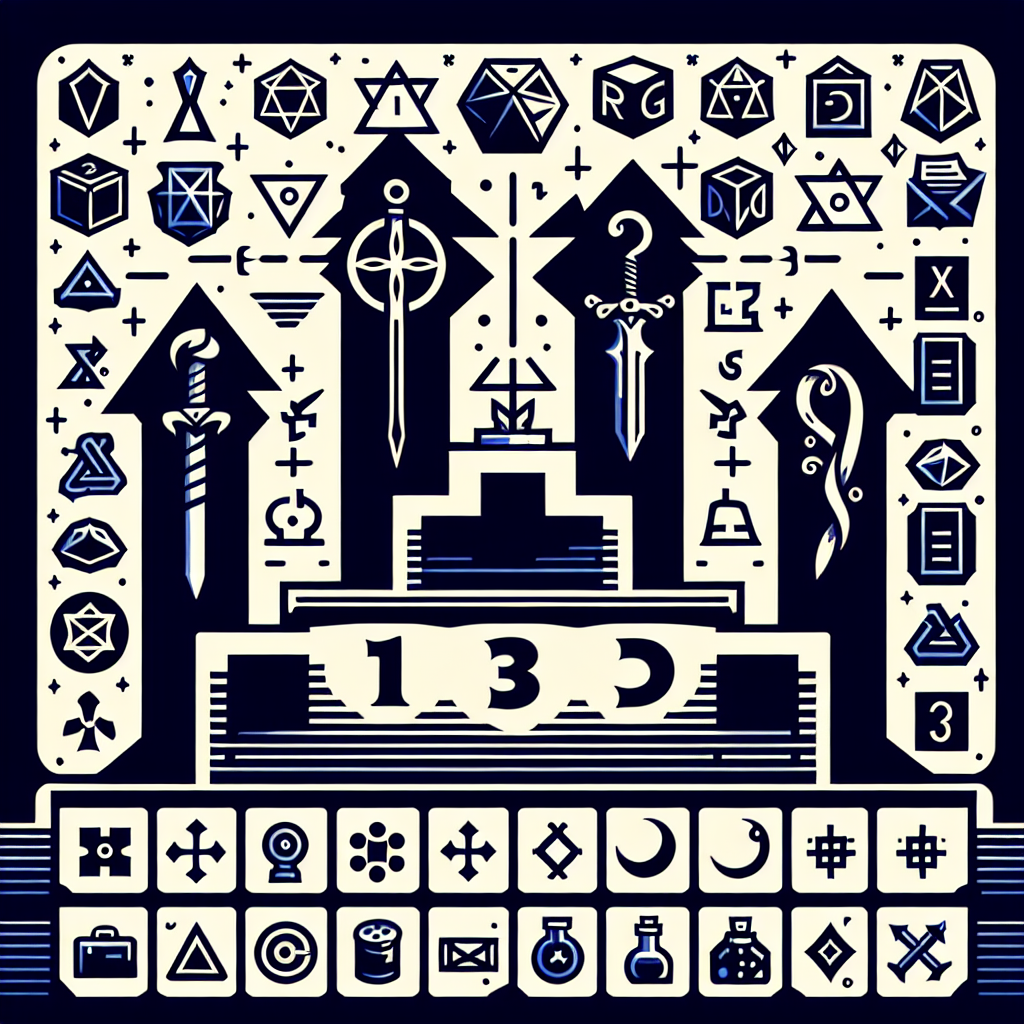The Unique World of Bethesda RPGs
Bethesda’s approach to the open-world RPG genre stands out for its depth and personal touch. Unlike other games that may clutter their maps with icons for collectibles and repetitive tasks, Bethesda RPGs offer a world of meaningful exploration. Each icon on the map represents a place with its own story—a town, a landmark, or a dungeon—inviting players to a journey worth taking.
The freedom to align with various factions, build homes, and apply mods allows players to express themselves uniquely within these vast worlds. This level of personalization has become a hallmark of Bethesda’s titles, transforming each game into a canvas for individual creativity and adventure.
Starfield
Starfield, Bethesda’s latest foray into the RPG universe, has received a mixed reception from the gaming community. While it attempts to lean into a “NASA punk” realism, some players have found the realistic aspects to translate into a somewhat dull experience. The vast emptiness of space and the less-than-thrilling alien encounters have left some yearning for more.
The tedium of inventory management and a user interface that didn’t resonate with players added to the challenges. Moreover, the modding community’s response to the game’s repetitive elements was swift, with mods designed to remove monotonous temple puzzles becoming a popular download among players seeking a more streamlined experience.
Despite these criticisms, Starfield’s expansive universe and the potential for modding still hold a promise for those willing to delve deeper into its world. However, for some, the game has yet to captivate in the way that previous Bethesda RPGs have.
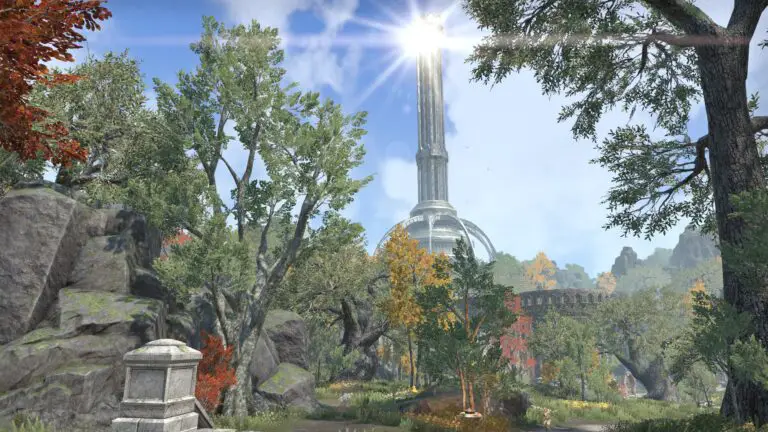
Fallout 76
Since its tumultuous release, Fallout 76 has undergone a significant transformation. Bethesda has worked diligently to rectify the game’s early missteps, such as the initial absence of NPCs and dialogue choices, which were fundamental to the Fallout experience. These improvements have been substantial, yet for some players, they haven’t been quite enough to reignite the desire to return to the game’s online world.
Despite the allure of new expansions that explore different parts of the post-apocalyptic United States, like expeditions to Pittsburgh and Atlantic City, the game’s shift towards a more grindy MMO format has left some fans longing for the singleplayer RPG essence that the Fallout series is known for. The bold move to break away from the traditional Fallout formula was commendable, but many still hold out hope for a true Fallout 5.

The Elder Scrolls: Arena
The Elder Scrolls: Arena set an ambitious precedent for the series with its vast, procedurally generated world. The game promised an entire continent to explore, but the reality was a sprawling overworld that required fast-travel to navigate effectively. Despite this, the hand-crafted plot dungeons stood out as highlights, offering a glimpse into the potential of what the series could become.
Arena’s legacy is profound, laying the groundwork for future titles in the series. It introduced gamers to a world brimming with possibilities, even if the technology of the time couldn’t fully realize them. The game’s procedural generation may have been rudimentary, but it sparked imaginations and set the stage for the rich, hand-crafted worlds that Bethesda would later be celebrated for.

The Elder Scrolls Online
The Elder Scrolls Online (ESO) has undergone significant changes since its initial launch, evolving into a game that is mechanically superior to its original incarnation. However, this evolution has not been without its complications. The game’s world has become somewhat of an overgrown garden, where players can stumble upon quests that turn out to be introductions to DLC they may not own, leading to a disjointed experience.
Even the original tutorial, which set the stage for the game’s narrative, has been relegated to an optional experience, causing confusion among new players who are expected to understand the lore without it. For those with a penchant for starting anew, the prospect of returning to ESO to try a new class or expansion can be daunting, as the game’s structure doesn’t always cater to the desire to begin afresh.

Fallout 4
Fallout 4 brought players back to the post-apocalyptic world with its main quest centered around a search for the protagonist’s lost son. The game was praised for its combat mechanics, which were considered some of the best in Bethesda’s RPG lineup. The setting of postwar Boston, with its clear blue skies and bare trees, provided a stark contrast to the series’ previous environments and offered a unique backdrop for exploration.
However, Fallout 4 also marked a shift in focus towards settlement building and crafting, a feature that divided the fanbase. While some players enjoyed the depth it added to the game, others found it detracted from the core RPG experience they sought. Despite this, the game’s companions were a standout feature, with characters like Nick Valentine and Codsworth becoming fan favorites.

The Elder Scrolls 2: Daggerfall
The ambition of The Elder Scrolls 2: Daggerfall was unparalleled at the time of its release. With a world boasting over 15,000 towns, villages, and dungeons, Daggerfall offered a level of freedom that was groundbreaking in the RPG genre. The game’s randomized dungeons and the “do anything” approach were foundational to the series’ identity.
While Daggerfall’s ambition was clear, it was not without its flaws. The randomized elements often lacked coherence, and the combat system was far from perfect. Despite these issues, the game’s open-ended gameplay and the sheer scale of its world left a lasting impression on players and the industry alike.
Daggerfall’s legacy is evident in the way it shaped player expectations for what an RPG could be, setting the stage for the expansive, choice-driven worlds that Bethesda would continue to refine in future installments.
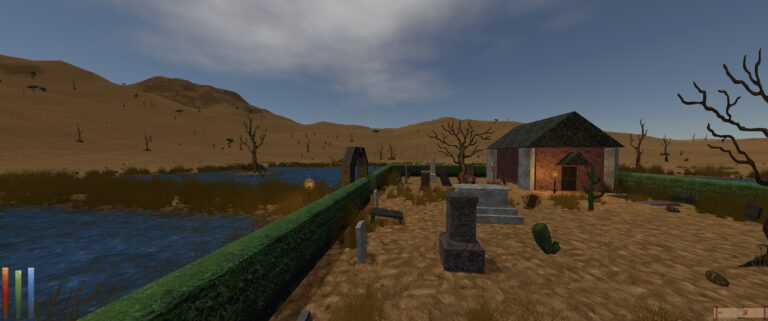
Fallout 3
Fallout 3 marked a significant moment in the evolution of Bethesda’s RPGs, offering an immersive post-apocalyptic world that captivated players. The game’s early survival experience, where emerging from the Vault into the Capital Wasteland was both thrilling and terrifying, is still fondly remembered by fans for its intensity and sense of discovery.
While the main quest’s ending and some of the DLC content were met with criticism, the overall experience of exploring the wasteland, encountering its inhabitants, and uncovering its secrets was a powerful draw. The game’s ability to transform players from vulnerable survivors into wasteland legends was a compelling journey that many found rewarding.
Despite its flaws, Fallout 3’s world was a character in itself, offering a sense of place and atmosphere that has made it a beloved entry in the Fallout series.
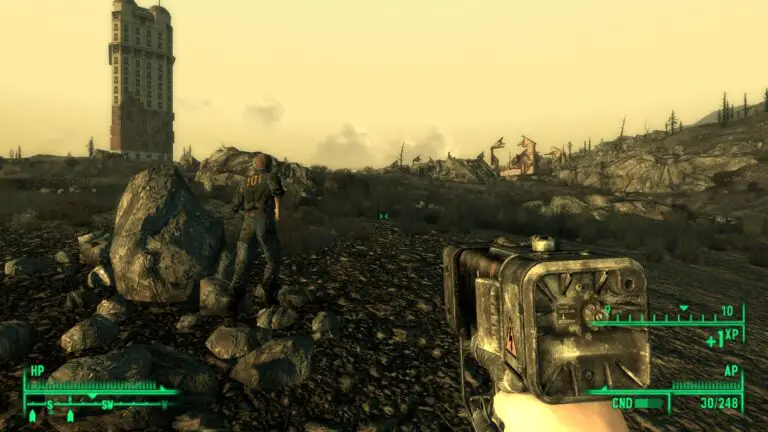
The Elder Scrolls 5: Skyrim
The enduring appeal of The Elder Scrolls 5: Skyrim is a testament to its captivating world and the depth of its content. The modding scene for Skyrim has been particularly vibrant, allowing players to tailor the game to their preferences, whether it’s enhancing the survival aspects or adding entirely new questlines.
Skyrim’s variety of questlines, from the Civil War to the Dark Brotherhood, offers players a multitude of ways to engage with the game. While some sidequests may not have the intricate design of previous titles like Oblivion, the main quest of Skyrim provides a grand narrative that celebrates the player as a hero, complete with godlike powers and epic confrontations.
Despite some criticisms, the main questline’s portrayal of the player as the Dragonborn, scaling mountains and venturing into the land of the dead, provides a sense of empowerment and adventure that has captured the hearts of many players.
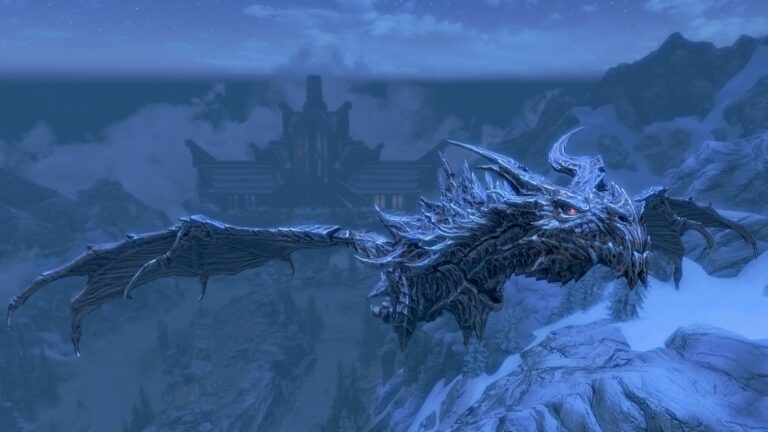
The Elder Scrolls 4: Oblivion
The Elder Scrolls 4: Oblivion may have received criticism for its more generic fantasy setting compared to its predecessor, Morrowind, but it holds its own unique charm. Oblivion’s world of Cyrodiil, with its hazy landscapes and stately atmosphere, provides a cozy backdrop that contrasts sharply with the game’s darker elements, such as the sinister plots of the Dark Brotherhood.
Oblivion’s side quests represent a significant advancement in Bethesda’s storytelling, with intricate missions and engaging narratives that outshine those in Morrowind. The Thieves Guild and its climactic Ultimate Heist are particularly memorable, showcasing the game’s ability to deliver thrilling and rewarding experiences outside of the main storyline.
The game’s “world levels with you” system, while potentially outdated by today’s standards, was another aspect of Bethesda’s commitment to player freedom, ensuring that anyone could explore and experience the world at their own pace.
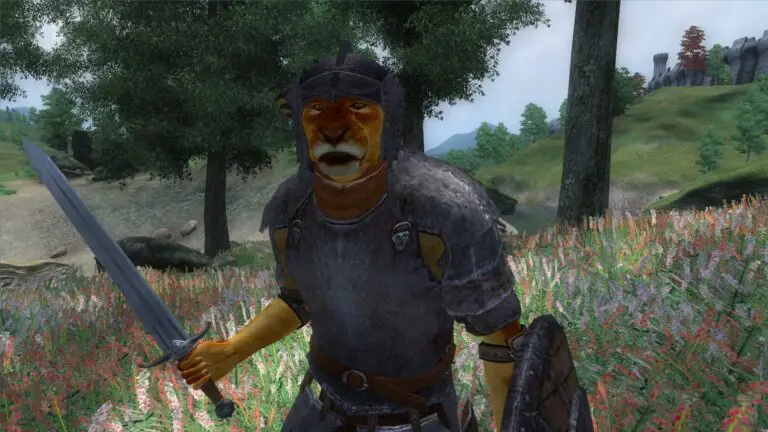
The Elder Scrolls 3: Morrowind
The Elder Scrolls 3: Morrowind is often celebrated for its unique setting and complex themes. The game’s world, filled with giant mushrooms and a distinctive culture, offered a departure from the typical fantasy RPG environments. Morrowind’s narrative depth was unmatched, with a storyline that delved into the intricacies of imperialism, prophecy, and identity.
Morrowind challenged players with philosophical questions and a combat system that could be as frustrating as it was rewarding. The game’s willingness to engage with weighty topics set it apart from later entries in the series, which, while polished and accessible, lacked the same creative daring.
The impact of Morrowind on the gaming landscape is still felt today, as it set a high bar for storytelling and world-building in RPGs—a testament to Bethesda’s ambition and vision at the time.
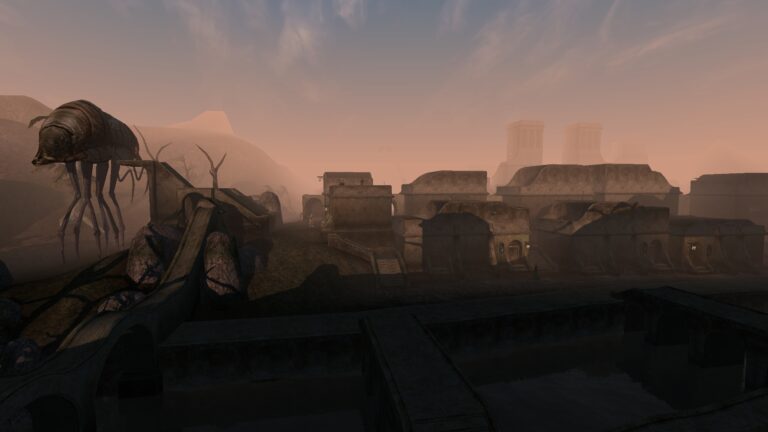
Reflecting on Bethesda’s RPG Legacy
Each Bethesda RPG has contributed uniquely to the gaming landscape, offering worlds that resonate with players long after they’ve finished their journeys. From the pioneering open-world exploration of The Elder Scrolls: Arena to the atmospheric depths of Skyrim, Bethesda has consistently pushed the boundaries of what an RPG can be.
The studio’s evolution is marked by a shift from the daring creativity of Morrowind to the more refined, yet less adventurous, worlds of later titles. While newer games like Fallout 4 and Starfield offer polished experiences, some fans yearn for the bold narrative and thematic risks that defined earlier entries.
As Bethesda continues to develop new worlds and stories, the legacy of its RPGs remains a benchmark for innovation and player freedom in the genre. The studio’s journey from Morrowind’s esoteric vision to the mainstream success of Skyrim illustrates a studio that has both something to prove and something to protect.

